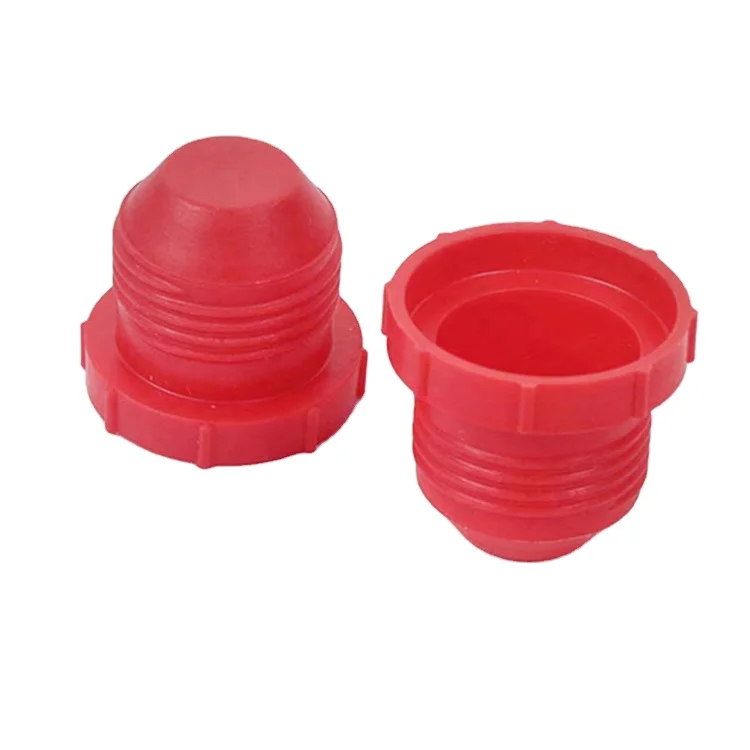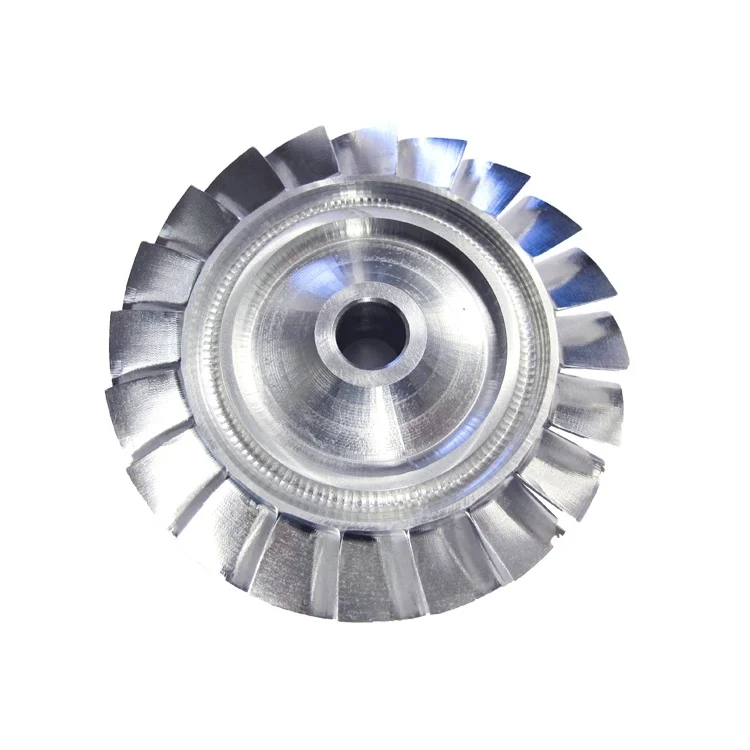How Custom Manufacturing Can Boost Your Business Growth
Custom manufacturing is a process of producing products that are tailored to the specific needs and preferences of customers. Unlike mass production, which relies on standardized designs and large quantities, custom manufacturing allows for more flexibility, creativity, and personalization.
Custom manufacturing can offer many benefits for businesses that want to grow and differentiate themselves from competitors. Some of the advantages of custom manufacturing are:
- Increased customer satisfaction and loyalty. Customers appreciate having products that are made just for them, and that meet their exact requirements and expectations. Custom manufacturing can also help businesses build long-term relationships with customers, and increase their retention and referral rates.
- Enhanced innovation and competitiveness. Custom manufacturing can enable businesses to explore new ideas, markets, and opportunities, and to respond quickly to changing customer demands and industry trends. Custom manufacturing can also help businesses gain a competitive edge by offering unique and high-quality products that stand out from the crowd.
- Improved efficiency and profitability. Custom manufacturing can help businesses optimize their resources, reduce waste, and lower costs. By using advanced technologies, such as ERP systems, AI, and ML, businesses can streamline their processes, improve their data analytics, and automate their operations. Custom manufacturing can also help businesses increase their production capacity, throughput, and labor productivity, and achieve higher margins and returns on investment.
Custom manufacturing is not without its challenges, however. Businesses that want to adopt custom manufacturing need to overcome some barriers, such as:
- Higher complexity and risk. Custom manufacturing involves more variables, uncertainties, and dependencies than mass production. Businesses need to manage the increased complexity and risk of custom manufacturing, and ensure that they can deliver products that meet the quality, cost, and time standards of customers.
- Higher skill and technology requirements. Custom manufacturing requires more skilled and trained workers, who can handle the diverse and dynamic tasks of custom manufacturing. Businesses also need to invest in more advanced and specialized technologies, such as 3D printing, IoT, and cloud computing, that can support custom manufacturing.
- Higher customer involvement and expectations. Custom manufacturing requires more communication and collaboration with customers, who have more input and influence on the product design and development. Businesses need to balance the customer involvement and expectations with their own capabilities and constraints, and manage the potential conflicts and trade-offs that may arise.
Custom manufacturing is a promising and powerful strategy for businesses that want to boost their growth and performance. By leveraging the benefits and overcoming the challenges of custom manufacturing, businesses can create products that delight customers, and that give them a competitive advantage in the market.
Recommended Products
Hot News
-
How Custom Manufacturing Can Boost Your Business Growth
2024-01-19
-
Custom Manufacturing vs Mass Production: Which One is Right for Your Product?
2024-01-19
-
How to Find and Work with Reliable Custom Product Manufacturers
2024-01-19
-
Manufacturing in China Custom Manufacturing: A New Trend in the Post-Pandemic World
2024-01-19
-
The Benefits and Challenges of Custom Product
2024-01-19

 EN
EN
 AR
AR
 BG
BG
 HR
HR
 CS
CS
 DA
DA
 NL
NL
 FI
FI
 FR
FR
 DE
DE
 EL
EL
 IT
IT
 JA
JA
 KO
KO
 NO
NO
 PL
PL
 PT
PT
 RO
RO
 RU
RU
 ES
ES
 SV
SV
 TL
TL
 IW
IW
 ID
ID
 LT
LT
 SR
SR
 SK
SK
 SL
SL
 UK
UK
 VI
VI
 SQ
SQ
 HU
HU
 TH
TH
 TR
TR
 FA
FA
 AF
AF
 MS
MS
 IS
IS
 BN
BN
 LA
LA






